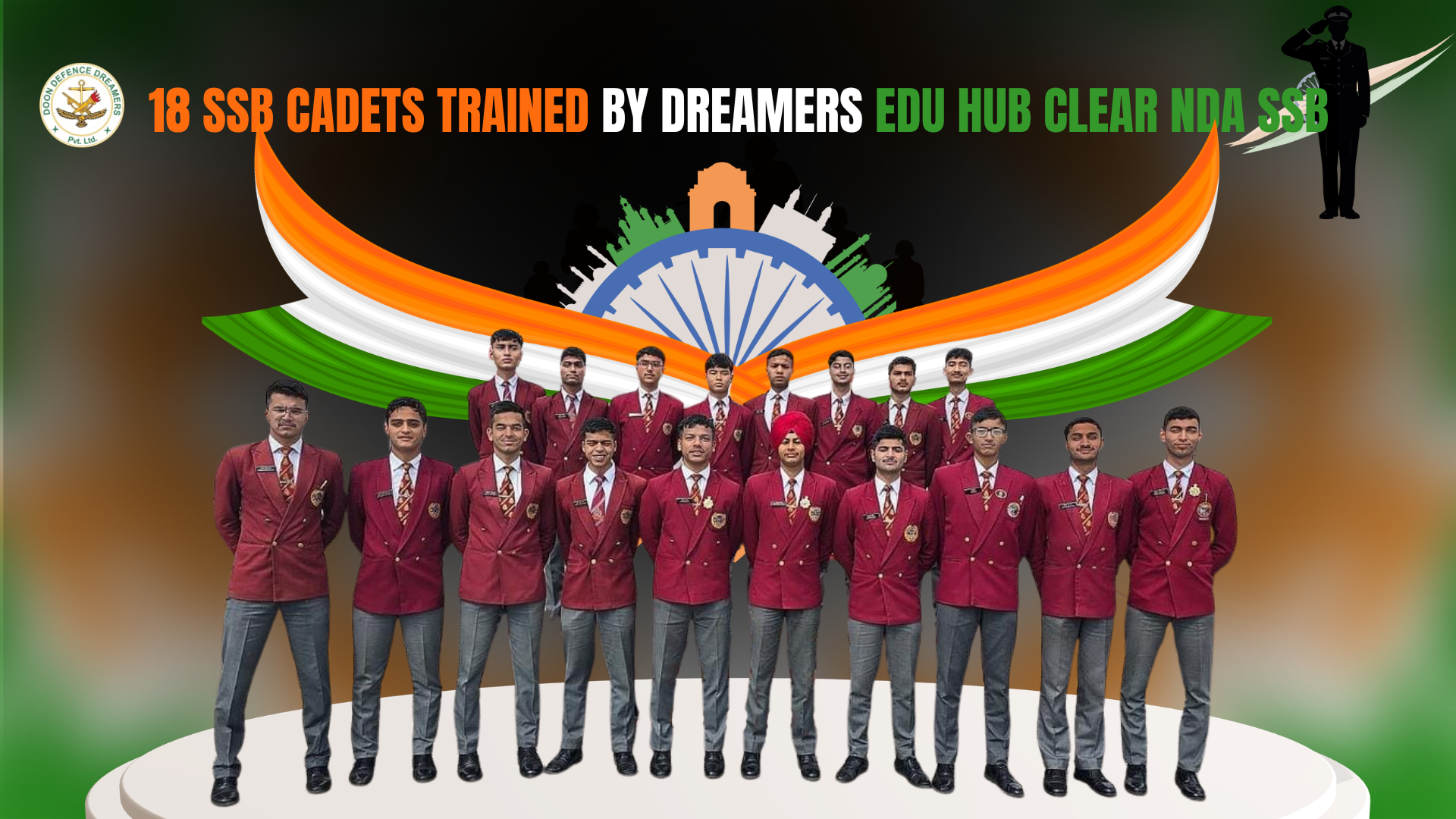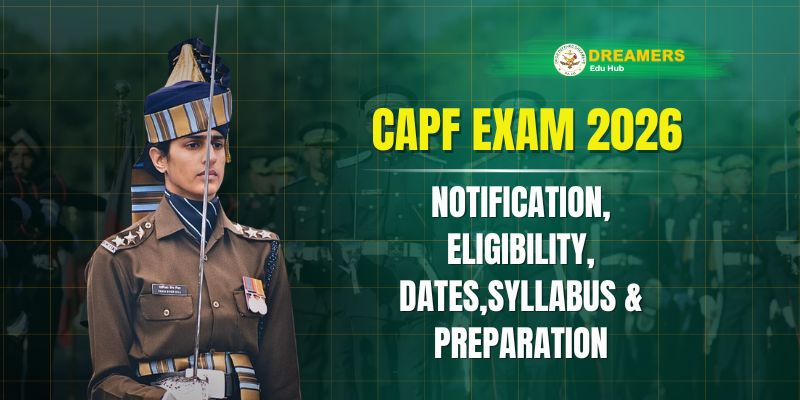Joining the Indian Army is one of the most prestigious and honorable career paths in India. For women, it represents not just a job but a powerful statement of strength, courage, and equality. Over the years, the Indian Army has increasingly opened its doors to women across various roles—combat support, logistics, medical services, and even certain combat roles. However, while the opportunity is immensely rewarding, it also demands physical, mental, and emotional preparation.
Here are the key things every woman should know before joining the Indian Army.
1. Know the Entry Routes
There are multiple entry schemes for women in the Indian Army, depending on qualifications:
A. Short Service Commission (SSC)
-
Most women officers join through the Short Service Commission.
-
Duration: 10 years (extendable by 4 more years).
-
After that, women may be considered for Permanent Commission based on performance and vacancies.
B. NCC Special Entry
-
Women with an NCC ‘C’ Certificate (with minimum ‘B’ grade) and graduation can apply through NCC special entry (non-technical).
C. Technical Entry
-
Women engineers can apply through the SSC Technical Entry.
D. Judge Advocate General (JAG) Entry
-
Law graduates (LLB, with 55% minimum) can apply for this branch.
E. Military Nursing Service (MNS)
-
For women from a nursing background. This is a permanent commission post after completing B.Sc Nursing and training.
F. Agniveer Entry (General Duty)
-
As of recent recruitment cycles, women can now apply under the Agnipath Scheme for general soldier duties.
Tip: Stay updated on official notifications through joinindianarmy.nic.in.
2. Understand the Physical and Medical Standards
Being physically fit is non-negotiable for the Army.
Physical Standards:
-
Height: Minimum height is generally 152 cm (varies slightly based on region).
-
Weight: Must be proportionate to height and age.
-
Eyesight: Minimum visual acuity is 6/6 or 6/9 (correctable).
Fitness Tests:
Depending on the entry scheme, you will face different physical fitness tests, including:
-
1.6 km run (within a specific time, e.g., 8 minutes for Agniveer entry)
-
Push-ups, sit-ups, and other endurance tasks
Medical Examination:
-
Gynecological health is checked, including menstrual health, hormonal balance, and reproductive health.
-
Conditions like severe anemia, hormonal imbalance, or PCOD/PCOS may impact eligibility.
Tip: Start a disciplined fitness regime 6–12 months in advance to meet the required physical standards.
3. Be Mentally Prepared for Tough Training
Military training is physically and mentally intense. Women undergo similar foundational training as men, especially in areas like:
-
Weapon handling
-
Field exercises
-
Endurance runs
-
Drill and discipline
Whether you join through OTA Chennai or the Nursing College, you will undergo rigorous training that demands high resilience.
Mental Strength is Crucial:
-
Be prepared to be pushed out of your comfort zone.
-
You’ll learn teamwork, discipline, leadership—and also face criticism and strict discipline.
-
Time management, self-control, and emotional maturity are key.
4. Understand the Lifestyle and Culture
The Indian Army is not a 9-to-5 job. It’s a lifestyle.
Key Aspects:
-
Transfers: Expect frequent postings every 2–3 years, often in remote or high-security areas.
-
Uniform Code: Army has a strict uniform and grooming policy. Personal expression through attire is limited.
-
Discipline: Hierarchy is strict. Orders are to be followed promptly and without debate.
-
Male-dominated Environment: While the Army is now more inclusive, it remains male-dominated, especially in field units.
Tip: Learn to be assertive yet respectful. Adaptability is key.
5. Combat Roles and Limitations
As of now, women are not permitted in direct combat roles like the infantry or armored corps. However, progress is ongoing.
Roles Open to Women:
-
Signals
-
Intelligence
-
Engineers
-
Army Air Defence
-
Medical Corps
-
JAG Branch
-
Education Corps
-
Logistics and Ordnance
Women officers have been deployed in operational areas, even at the Siachen Glacier and border zones. However, challenges like infrastructure, safety, and logistics still limit full-scale integration in combat units.
Tip: Stay informed about policy updates—court rulings and reforms continue to expand women’s roles in the armed forces.
6. Work-Life Balance Challenges
Balancing personal and professional life in the Army is tough—especially for women.
Consider:
-
Marriage and Motherhood: Maternity policies exist, but field postings and duties may still pose difficulties.
-
Living Separations: Married officers may be posted in different areas from their spouses for years.
-
Family Support: Your family’s understanding and support are essential.
The Army has provisions like married accommodation, leave, and family welfare programs, but balancing duties and personal commitments requires maturity.
7. Career Growth and Permanent Commission
Earlier, women officers were only offered Short Service Commission, but now:
-
Women in select branches (e.g., JAG, Education, Signals, Engineers, AEC) can get Permanent Commission.
-
Promotions are performance-based and subject to vacancies.
However, higher command roles (Colonel and above) remain competitive.
Tip: Be proactive about career development. Pursue military courses and leadership opportunities during service.
8. Gender Sensitivity and Legal Protection
The Army is working towards a gender-sensitive environment. While rare, instances of discrimination or harassment can occur.
Important Points:
-
Strict codes of conduct are in place.
-
Internal Complaint Committees (ICC) exist under POSH guidelines.
-
Harassment or abuse is dealt with through military and legal channels.
Tip: Know your rights. Stand up for yourself and others with professionalism.
9. Financial and Social Benefits
Joining the Army offers stable income, housing, medical benefits, canteen facilities (CSD), and pension (if PC).
-
Pay: SSC officers earn good pay (7th Pay Commission applicable).
-
Allowances: Include Siachen allowance, risk & hardship allowance, travel concessions, etc.
-
Respect: Indian Army officers command immense social respect.
10. Be Ready to Lead
Leadership is a core expectation in the Army. Whether you’re commanding a unit, leading logistics, or managing personnel, you’ll be in charge.
Traits you must develop:
-
Confidence
-
Clear communication
-
Quick decision-making
-
Empathy and fairness

































